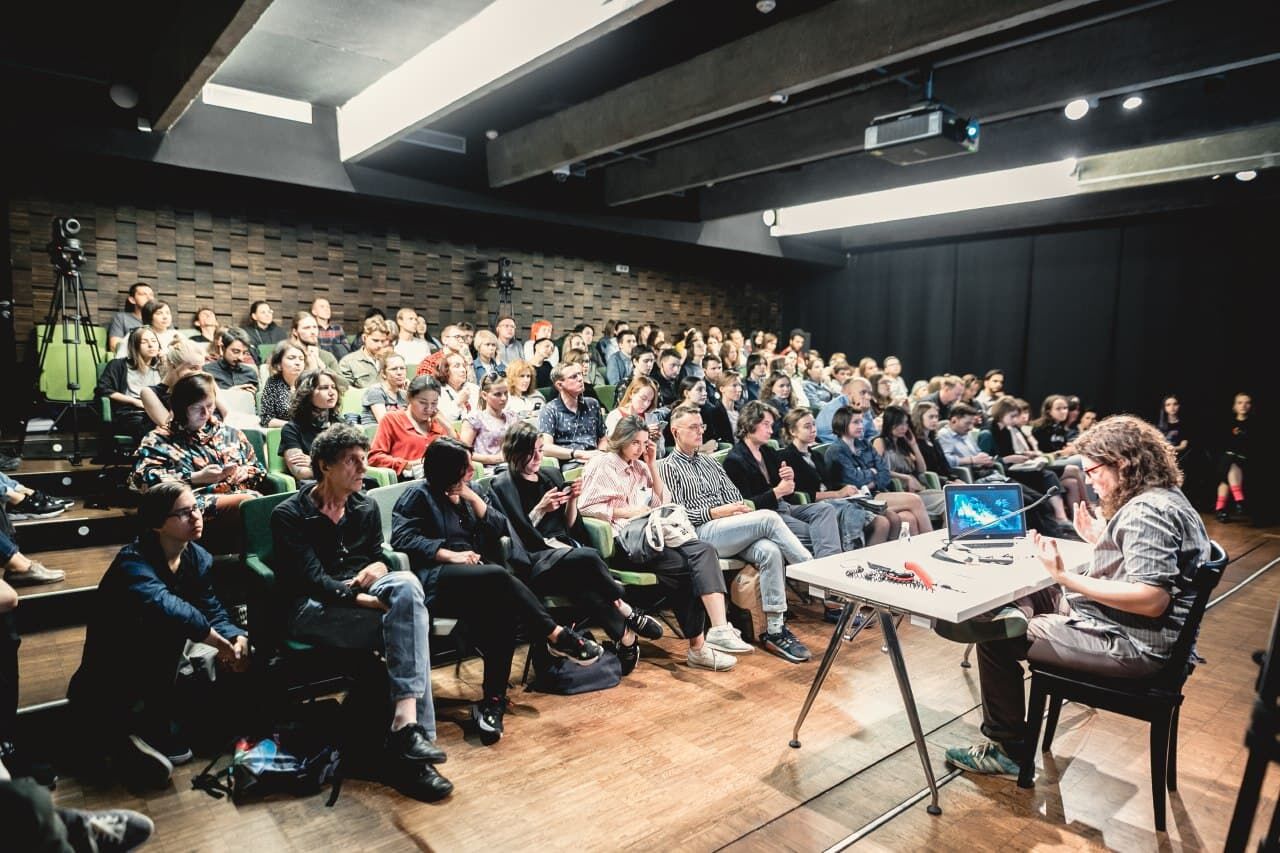Call for Papers for the Conference Utopias of (Non)Knowledge: The Museum as a Research Hub

Garage Museum of Contemporary Art and The Garage Journal: Studies in Art, Museums and Culture announce a call for papers for the 8th Garage International Conference, Utopias of (Non)Knowledge: The Museum as a Research Hub, which will take place on September 24 and 25, 2021.
Jacques Rancière connects the notion of knowledge with that of ignorance: a person who knows must be aware that they do not know. Rancière’s theory of an ‘ignorant teacher’ problematizes the hierarchical regime of the one-way transfer of knowledge from teacher to student. By criticizing the neoliberal production and commodification of knowledge in this way, he reminds us that the purpose of democracy is to attain equality, and in particular the equality of knowledge. What he offers instead can be described as a modernist model of a ‘knowledge utopia,’ where all citizens are equal and therefore equally involved in practices of (not) knowing.
The model suggested by Rancière allows us to reconsider the role that museums play in the creation, transfer, and preservation of knowledge. In the second half of the twentieth century, museums faced the need to review the foundations of their activity. As a result of this transformative process, they became increasingly focused on research activities: the practices of creating and distributing (non)knowledge. While research has informed museum practices since the emergence of museums, in recent years museums have begun organizing collaborative projects with researchers, including from governmental and business institutions and scientific laboratories, as well as with independent artists and others. These interactions allow us to speak of special—horizontal—modes of knowledge production and exchange that create a new understanding of the museum as a hub.
Four aspects of practices of (not) knowing in the museum will be discussed at the conference.
The Objects of Research
What can the new mission of the museum be after it renounces its traditional role as the supplier and guardian of unquestionable meaning? Can we imagine a museum that is open to horizontal interactions in the scientific and social spheres yet retains its ‘traditional’ position within the process of creation and distribution of (non)knowledge in various forms? Can a museum renounce its mentoring tone in communications with the public? Can it pose questions instead of making statements and initiate dialogue instead of preaching?
The Methods of Research
Another group of questions for discussion deals with the methodology of creating a new museum. What can transform a museum, including a museum of contemporary art, from an ‘ivory tower’—a rigid, closed structure, where the final results of any research project are buried in the vault—into a transparent and welcoming institution, with exhibitions and collection open to the most unexpected visits and interpretations. How can the contemporary museum bring together communities that have remained apart and spark a dialogue between them that could produce new knowledge?
The Space of Research
The focus of the museum always determines the way it works on its key tasks. A natural history or history museum, a classical or contemporary art museum—each has different features and unique experiences of communicating with audiences. Can their research activities intersect in any way? What is similar and what is different about the ways they create and distribute (non)knowledge?
The Researcher
The figure of the researcher also conditions the creation and distribution of (non)knowledge. In established Western museums research was traditionally conducted by custodians and restorers, who were later joined by curators, artists, and managers working in various departments (such as inclusive, education, and field research) or invited experts. As more actors began working with science and (non)knowledge, the question arose of who could be considered a researcher. Who conducts museum research today? What are the criteria for scientific research in a museum? What role do audiences play in museum research?
How to take part
Please send an application to gj@garagemca.org, with the subject Conference 2021. It should include a brief outline of your paper in Russian or English (maximum 2,500 characters, including spaces), five key words, and the speaker’s biography. It must be submitted as a pdf document. The document name should include the speaker’s family name and first name in the Latin alphabet and the date the file is sent (e.g. Ivanov I_15.05.2021).
The conference will be in hybrid format and feature online and offline papers. Participants travelling to Moscow for the conference can have their travel and accommodation expenses covered by Garage.
The deadline for applications is June 20. Applicants will be informed on July 1.


